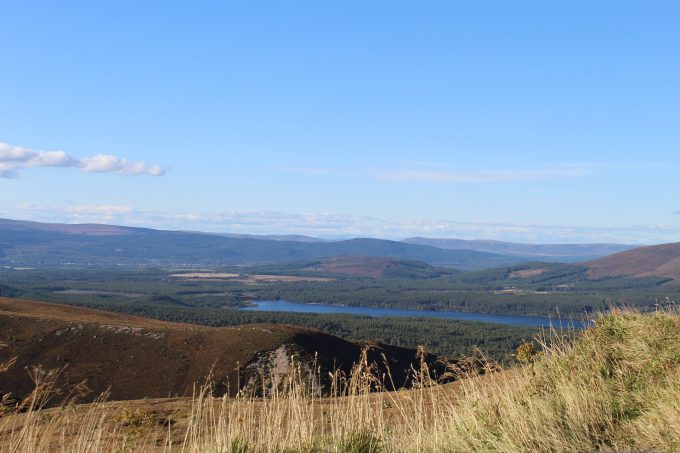As the commercial real estate sector gets to grip with reducing its large carbon footprint (it contributes around 30% to 40% of global emissions), a small listed property trust made a market leading and potentially game changing investment this week.
The £275m market cap Standard Life Investments Property Income Trust (SLI) bought 1,447 hectares of land in the Cairngorm national park in Scotland, where it will plant 1.5m trees to offset carbon emissions from its property portfolio.
Many property companies have published green frameworks and set out their pathway to becoming net carbon zero by such and such a date, which often involves energy efficient retro-fitting, PV installations and purchasing carbon credits to offset residual emissions.
Instead of purchasing credits, SLI is taking carbon offsetting into its own hands, and eluding any potential future increases in carbon credits. The £7.5m purchase price is fixed and the costs associated with the planting of the trees are expected to be covered by grants.
It anticipates the forest will offset 195,630 tonnes of carbon up until 2060, which represents 73% of the company’s residual embedded and operational carbon in that same time period.
This means SLI is paying a little over £38 per tonne of carbon over the period. Carbon offsetting costs are set to rise dramatically over the next few years as the UK and the rest of the world works towards a net zero carbon world by 2050. Research* suggests that by 2030 carbon credits could cost between £60 and £140 per tonne and by 2050 as much as £300 per tonne.
This is the definition of early mover advantage. SLI’s manager Jason Baggaley takes environmental, social and governance (ESG) issues very seriously and has made significant moves within his portfolio to reduce operational carbon (as discussed in our most recent research note on the company).
Last year the group completed the installation of a major Photo Voltaic (PV) solar panel scheme on one of its assets, the largest undertaken by Aberdeen Standard Investments in the UK. The power is sold to the tenant, with SLI receiving a yield of around 7% from the £500,000 investment. The scheme is expected to save the equivalent of 229 tonnes of CO2 in its first year of operation, and the power output is the equivalent of the yearly electricity usage of 230 homes. SLI is looking to roll out solar panel installations across its industrial portfolio.
Baggaley has been reshaping the portfolio, too, with the sustainability credentials of the assets the top priority. It has recently sold several older assets that would require too much capex to bring them up to standard and is ploughing the money into sustainable properties.
This is all on the belief that these green properties come with a sustainable income that can be grown. It means future investments may not be quite as high-yielding as they have been in the past. But the ‘green premium’ it is paying now is better than the ‘brown discount’ likely to be attached to the older, less sustainable assets in the future.
As carbon emissions continues to move up the political and social agenda and the net carbon zero target date looms ever closer, forward thinking funds like SLI should be rewarded in years to come.
Note *: Research by the Grantham Research Institute on Climate Change and the Environment and the Centre for Climate Change Economics and Policy
QD view – carbon kings
